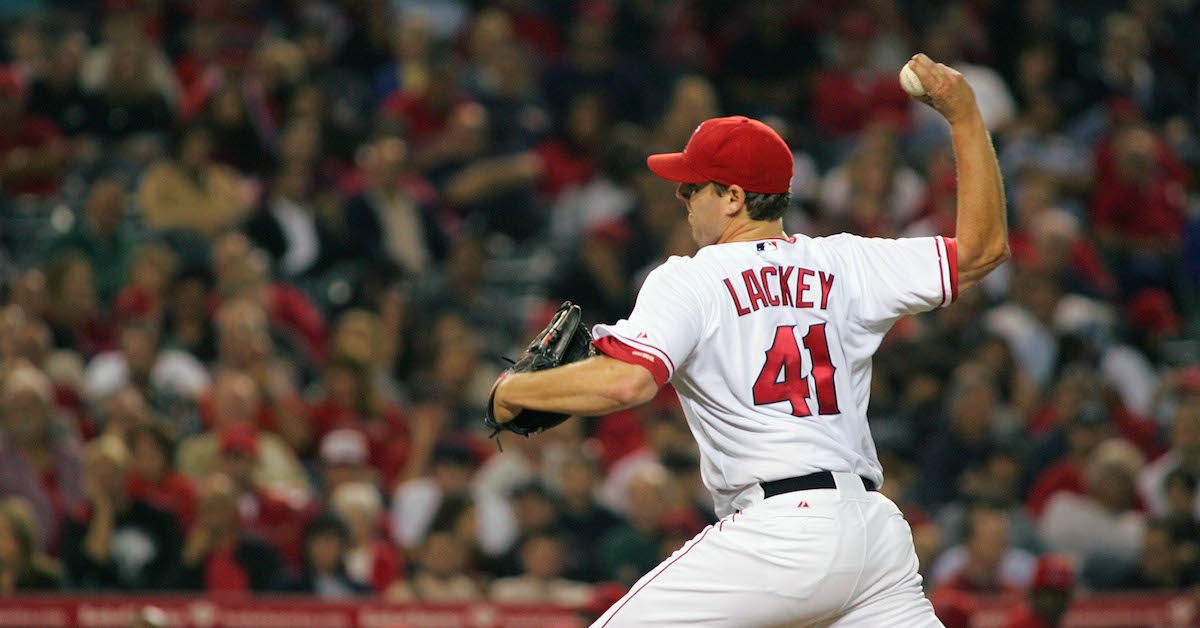JAWS and the 2023 Hall of Fame Ballot: Alex Rodriguez

The following article is part of Jay Jaffe’s ongoing look at the candidates on the BBWAA 2023 Hall of Fame ballot. Originally written for the 2022 election, it has been updated to reflect recent voting results as well as additional research. For a detailed introduction to this year’s ballot, and other candidates in the series, use the tool above; an introduction to JAWS can be found here. For a tentative schedule and a chance to fill out a Hall of Fame ballot for our crowdsourcing project, see here. All WAR figures refer to the Baseball-Reference version unless otherwise indicated.
More so than Mark McGwire, Sammy Sosa, Barry Bonds, or Roger Clemens, Alex Rodriguez is the poster child for the era of performance-enhancing drugs within baseball. Considered “an almost perfect prospect” given his combination of power, speed, defense, and work ethic, the 6-foot-3 shortstop was chosen by the Mariners with the first pick of the 1993 draft, and reached the majors before his 19th birthday. In short order, he went on to produce unprecedented power for the position via six straight seasons of at least 40 homers, two with at least 50, and three league leads. Along the way, he signed a 10-year, $252 million deal with the Texas Rangers in January 2001, at that point the largest guaranteed contract in professional sports history.
In a major league career that spanned from 1994 to 2016, Rodriguez made 14 All-Star teams, won three MVP awards and two Gold Gloves, and became just the fifth player to reach the twin plateaus of 3,000 hits and 500 home runs, after Hank Aaron, Willie Mays, Eddie Murray, and Rafael Palmeiro. Along the way, he helped his teams to 12 postseason appearances, but only one championship. Though he sparkled at times in the postseason, he also went into some notorious slumps that only furthered the drama that surrounded him.
Always with the drama! Rodriguez’s combination of youthful charisma, success, and money magnified his every move, and his insecurities and inability to read the room guaranteed further tumult the more intense things got. Because of his proximity to Derek Jeter, first as a friendly rival within a trinity of great young shortstops that also included Nomar Garciaparra, and then as a teammate once the Yankees became the only club that could afford his contract, Rodriguez became an easy target for tabloid-style sensationalism long before he dated Madonna and Jennifer Lopez. His inability to get out of his own way only intensified once he got to New York, even before his PED-related misdeeds put him in the crosshairs. Read the rest of this entry »









